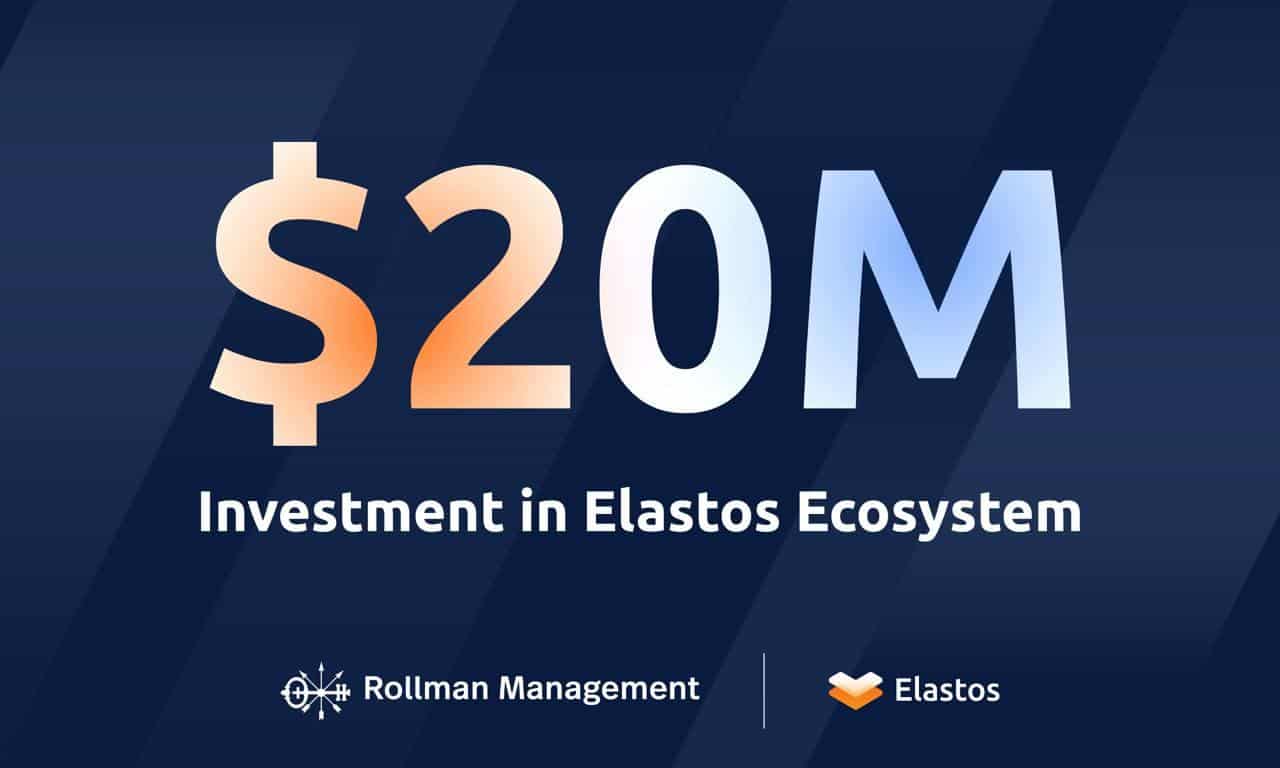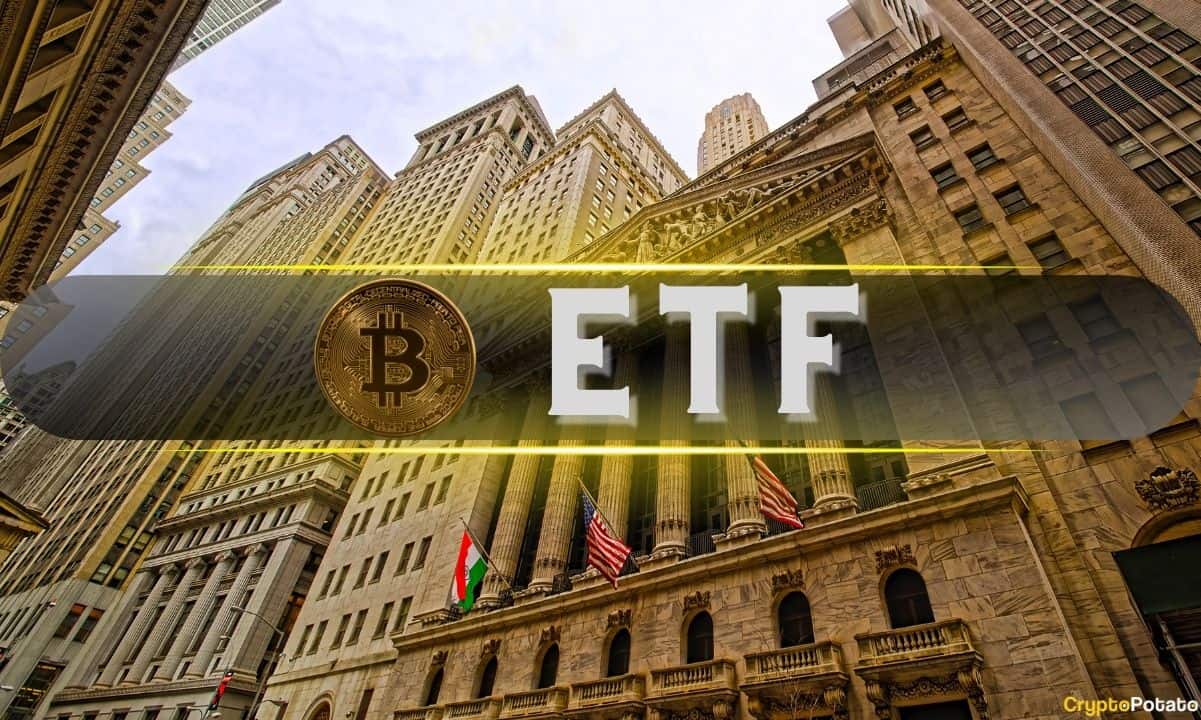This is How Bitcoin ETF Inflows Are Affecting BTC’s Price Movement
Inflows from the new spot Bitcoin exchange-traded funds (ETFs) are the major reason BTC has experienced a significant uptick, surpassing the $50,000 level and exceeding $52,000.
According to a tweet by Marc van der Chijs, Bitcoin investor and founder of several crypto firms, including miner Hut 8, ETF issuers are buying more than 10-12x the amount of BTC produced daily, and this is leading to a 2% price increase, which is roughly $1,000, per day.
ETFs’ Impact on BTC’s Price
Chijs’ analysis of the post-ETF Bitcoin charts found that most price increases occur during the settlement period before the U.S. market opens.
Since the inflows are 10-12 times bigger than the amount of newly produced BTC, users have been selling their holdings to fill the ETF orders. These sales usually have higher prices as users do not think BTC is peaking. The higher prices cause more fear or missing out (FOMO) among ETF investors, leading to more demand and, subsequently, increasing USD valuations.
While Chijs believes the market is uncharted territory, he thinks each trading day will likely see an average increase of $1,000 over the following weeks.
Incoming Supply Shock
The Hut 8 founder further outlined two upcoming events that could substantially raise the daily average increase price over the next three months: the upcoming Bitcoin halving event and the sales of shares of the new ETFs.
After Bitcoin’s next halving in April, miners’ block rewards will be slashed by half, thus decreasing the amount of BTC produced daily. Currently, around 900 BTC are created daily, but only 450 BTC will be mined after the event. Chijs said the slash in production would lead to even higher prices for BTC as ETF issuers scramble to increase their holdings.
Due to the risk of new ETFs failing too soon, most financial advisors usually allow the sale of shares after 90 days of trading. Since the products were launched in January, Chijs expects demand to pick up more by early May, positively impacting BTC’s price.
“This means that unless there is a black swan event we will see a new all time high (>$69K) before the halving and we could possibly hit $100K in the next 2-3 months already,” Chijs stated.
The post This is How Bitcoin ETF Inflows Are Affecting BTC’s Price Movement appeared first on CryptoPotato.








